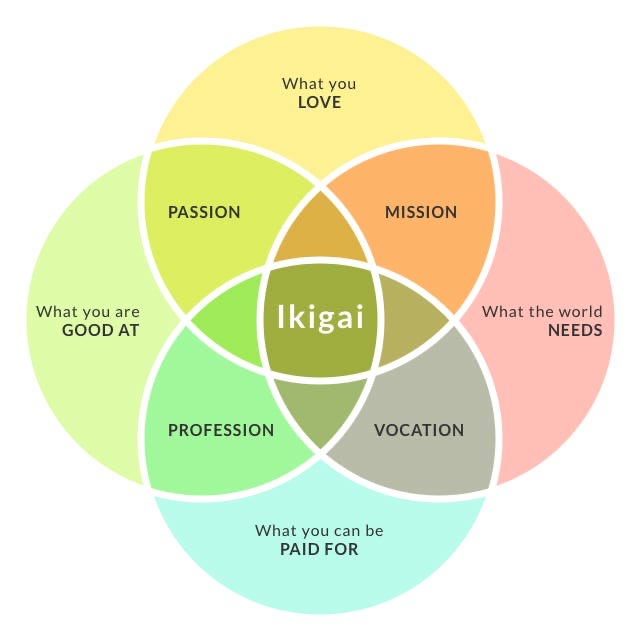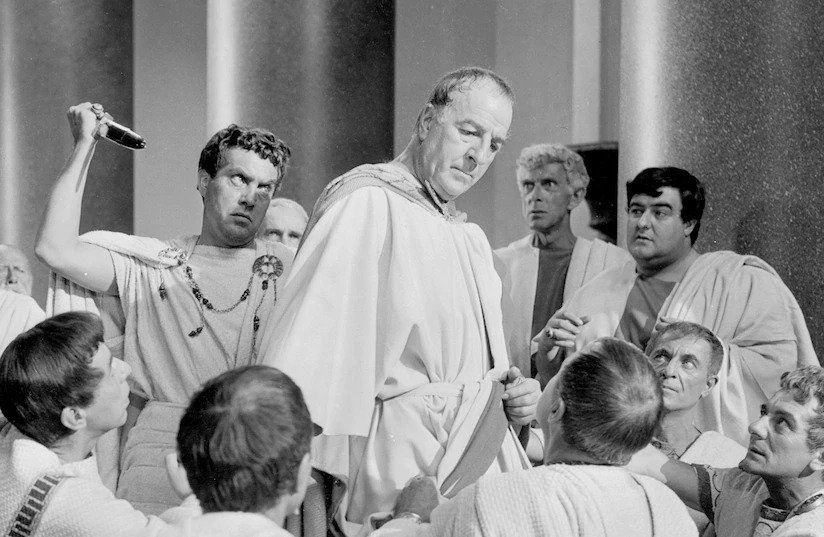
Rethinking Ikigai, Twitter as Meme Stock, and Friendly Competition
Here’s everything we published this week.
April 9, 2022 · Updated January 27, 2026
Knowledge Partner: McKinsey & Company
Have you ever worked with a freeloader or a micromanager? Then you know just how toxic some work jerks can be. Tessa West talks about her new book, Jerks at Work: Toxic Coworkers and What to Do About Them, and explores difficult work relationships and how best to navigate them. Read here.
Happy Sunday!
First things first, we announced the winners of our Twitter giveaway here! Winners will receive some awesome Every swag in the mail soon.
As always, we adore and appreciate you for reading Every. Thanks for amplifying the articles you love and chatting with us via Twitter and our Discord. And if you haven’t yet, give us a follow on that bird app!
We have some fantastic pieces for you this week, so let’s get right to it!
Against Ikigai
Simone Stolzoff / Superorganizers
“Although searching for one’s life purpose in work can be a noble pursuit, the popularized notion of Ikigai that locates meaning only in work is misguided. It has diluted the term to the point where we’ve lost the script.” In this guest post for Superorganizers, Simone helps clarify the true meaning of Ikigai. In essence, sometimes it’s okay for work to just be work—you can find (and create) joy in your life as you diversify your portfolio of meaning outside of your job.
Twitter’s Shot at Becoming a Meme Stock
Evan Armstrong / Napkin Math
In case you missed all the memes, edit button discussions, and (of course) the controversy, Elon Musk bought 9.2% of Twitter stock, making him the largest shareholder. In this subscribers-only piece, Evan follows up on last week’s Twitter analysis to determine what Elon’s recent move means for the future of the company. Could TWTR be the next GME?
Friendly Competition and Subtle Defection
Nathan Baschez / Divinations
In this week’s piece, Nathan compares the competitive environments of Top Chef and The Great British Bake-Off , finding parallels with how we shape the environments of the real world. According to Nathan, in order to make our experience of competition more like GBBO, we can do two things: 1) we can seed a cooperative culture through our own actions and examples and 2) invest your energy into environments that are already cooperative, thereby making those games bigger and more successful.
The Futility of Utility
Evan Armstrong / Napkin Math
Lucky us! Two reads in one week for Napkin Math! This piece takes the shape of a personal essay, in which Evan reflects on why we, as humans, so often choose wrongly when it comes to maximizing our utility. Tying together business theory, personal anecdotes, and acute observations, Evan finds that the pursuit of perfect utility is, well, futile.
Study Sunday: Habits Drive Decision-Making
We’re testing a section where we break down one interesting scientific study per week. Like it? Let us know in the comments.
🤔 The Question
Do you really know why you do what you do? A new study finds that we consistently underestimate the degree to which our actions are driven by habit.
⚡️ The Findings
In two experiments, people mainly ascribed their actions and decisions to their feelings and intentional choices. For example, they said they were drinking coffee because they were tired, or that they refused to help the researchers when asked because they were in a bad mood.
But analyses revealed that habit strength was actually a much stronger driver of behavior, and yet it was consistently unacknowledged as the true cause.
🧪 The Study
Two experiments were conducted:
1) For one week, 112 participants were pinged every two hours and asked questions about their coffee consumption.
2) 809 participants were trained to habitually press a button. Then they had to press that button or a different one to indicate whether they were willing to give up their time to help the researchers.
Other Reading:
For The Interested | Josh Spector
For The Interested is a free newsletter for creative entrepreneurs. It features proven strategies to help you grow your audience and business based on how others have done so. It’s short, actionable, inspiring, and loved by 18,000+ subscribers.
ESG's Russia Test: Trial by Fire or Crash and Burn? | Aswath Damodaran
Are you a baby? A litmus test | Haley Nahman
That’s all for this week!
The Only Subscription
You Need to
Stay at the
Edge of AI
The essential toolkit for those shaping the future
"This might be the best value you
can get from an AI subscription."
- Jay S.
Join 100,000+ leaders, builders, and innovators

Email address
Already have an account? Sign in
What is included in a subscription?
Daily insights from AI pioneers + early access to powerful AI tools



.jpeg)







Comments
Don't have an account? Sign up!